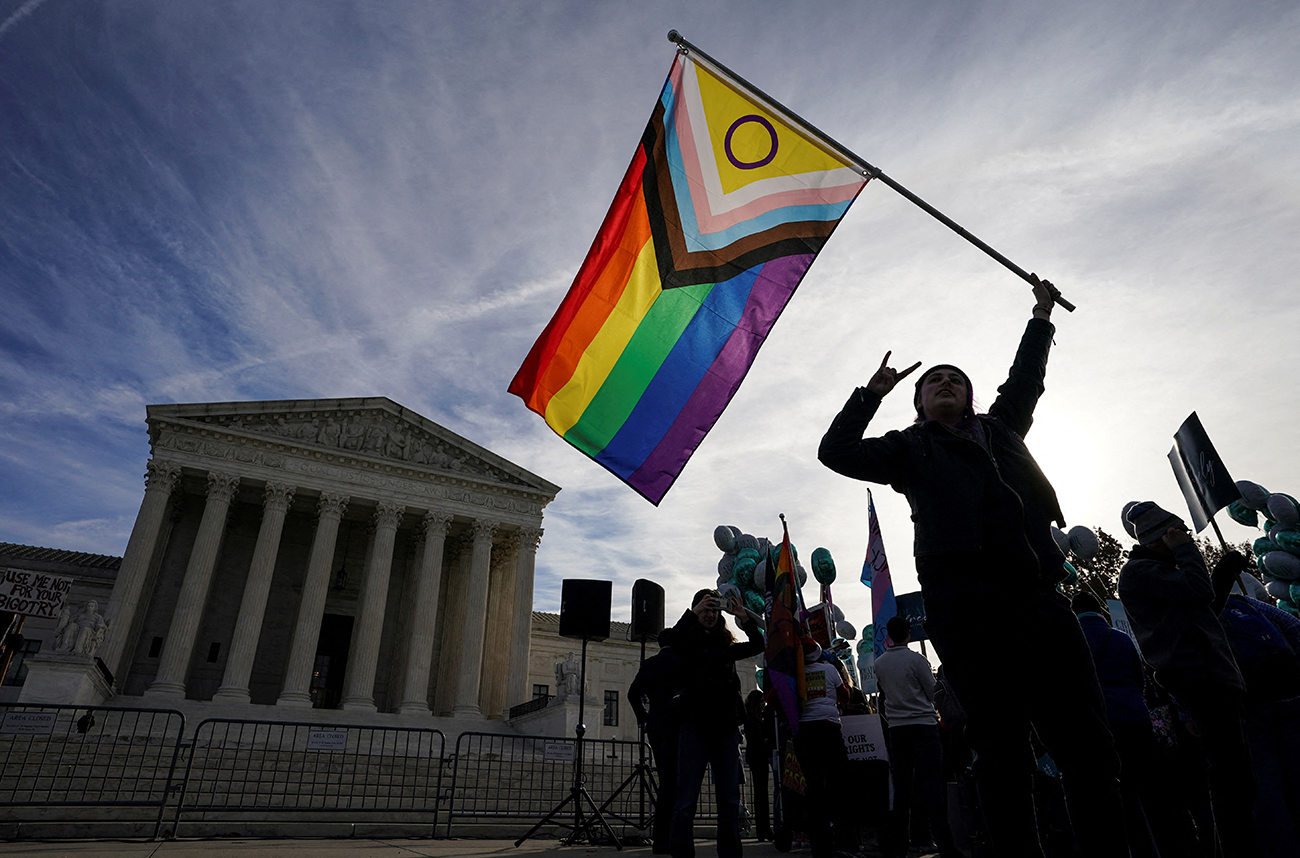A grand jury in Texas indicted Netflix for streaming “Cuties,” a French film that has some critics in the U.S. saying that the film sexualizes young girls.
Directed by Senagelse-French film director and screenwriter, Maimouna Doucouré, “Cuties” tells the story of an 11-year-old Senegalese girl who joins a group of pre-teens as they prepare for a dance competition. Despite their young age, the girls are drawn to provocative choreography and revealing outfits.
While the film drew little to no controversy when it was released in France in August, it has been the subject of vocal criticism by some parents and politicians. Senator Ted Cruz (R-TX) called for the Justice Department to investigate the film, tweeting, “‘Cuties’ sexualizes 11-year-old girls, and it’s disgusting and wrong. That’s why I’ve asked AG Barr to investigate whether Netflix, its executives, or the filmmakers violated any federal laws against the production and distribution of child pornography.”
Netflix was charged in Tyler County, Texas over a state law that makes it illegal to “knowingly promote” material which “appeals to the prurient interest in sex and has no serious literary, artistic, political or scientific value.”
In response to the charges, Netflix issued the following statement: “Cuties is a social commentary against the sexualization of young children. This charge is without merit.”
The indictment does not specify what penalties the county’s district attorney office is seeking in its case against Netflix. Though the Supreme Court ruled in New York v. Ferber (1982) that state’s interest in preventing the distribution of child pornography outweighs a First Amendment interest in protecting individuals from overboard statutes, the court also acknowledged that courts should judge statutes on a case-by-case analysis.
Tags



